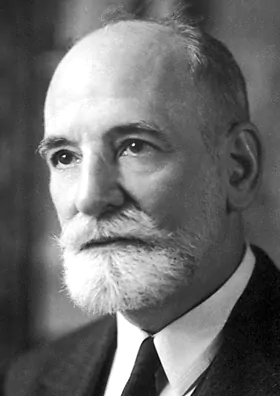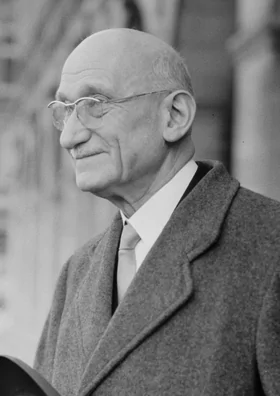
International Human Rights Day, celebrated each year throughout the world, is an opportunity to
the world, marks the anniversary of the adoption of the Universal Declaration of Human Rights
Human Rights by the General Assembly of the United Nations on December 10, 1948.
Our two Foundations are all the more eager to be associated with this event
that René Cassin and Robert Schuman played an important role in the genesis of the
Declaration of 1948.

René Cassin, who was the French member of the United Nations Commission on Human Rights, made a decisive contribution to the drafting and influence of
of the Universal Declaration of Human Rights, receiving as such
the Nobel Peace Prize in 1968.
It was up to Robert Schuman, as Minister of Foreign Affairs, to pronounce the 12th
December a closing speech of the 3rd annual session of the General Assembly,
which was held at the Palais du Trocadéro, in Paris. On this occasion, he stressed

“The French are proud to have seen the Universal Declaration of Human Rights adopted in Paris. The French consider that this is, in a way, a tribute to the age-old efforts of the French spirit to seek universal peace and to the struggles that the French nation has waged in the service of freedom and respect for the human person.
The two men, of very different temperaments, commitments and convictions,
one born in Luxembourg in 1886, the other in Bayonne in 1887, belonging to the same
generation that had lived through two fratricidal wars, were driven by the same
legal idealism. They saw respect for the law as the foundation of justice and
of peace in the world. For them, the respect of human rights was inseparable
the recognition of the inherent dignity of the human person.
The European Convention on Human Rights, signed by Robert Schuman in 1950,
is in line with the Universal Declaration of 1948. To go further in the
collective guarantee of fundamental rights. collective guarantee of fundamental rights.
reaffirmed “their deep attachment to these fundamental freedoms which constitute
the very foundations of justice and peace in the world and whose maintenance rests
essentially on a truly democratic political system on the one hand and on the other hand
on a common understanding of and respect for the human rights of which
they claim to be”. The triptych linking the rule of law, democracy and human rights is already
the man who is at the heart of European values.
The tireless work of the pioneers retains all its historical depth and relevance
in a world fraught with crises, conflicts and threats, for France, as for
Europe and the international community.
“Peace is the duration of the law”, as Leon Bourgeois superbly put it. Far
of being a constraint or a superstructure, it is a guarantee, ensuring equality between
all states as well as between all persons. This is true for any rule of law, on the
on the basis of constitutional principles, as for a Europe born of the founding treaties,
in the name of the rule of law. Europe is made by the law and in the law, without
The “government of judges” does not replace the dialogue of judges, which ensures transparency,
consistency and effectiveness.
Human rights, which have become so familiar that they are taken for granted, are being put on hold.
in question in their universality as in their effectiveness. Europe must remain faithful to
“this common heritage of political ideals and traditions, of respect for freedom and
the rule of law” both within the framework of the European Union and in the
of the Council of Europe. But the day of December 10 must above all remind us that
human rights are universal principles, based on the refusal of misery, of
force and arbitrariness, on the aspiration to freedom and dignity that is rooted in
every human being. Beyond states, the Universal Declaration is a common ideal that
is addressed to all peoples and all nations, to all individuals and all organs
of the company. This is the primary meaning of the ever new message proclaimed in Paris in 1948.